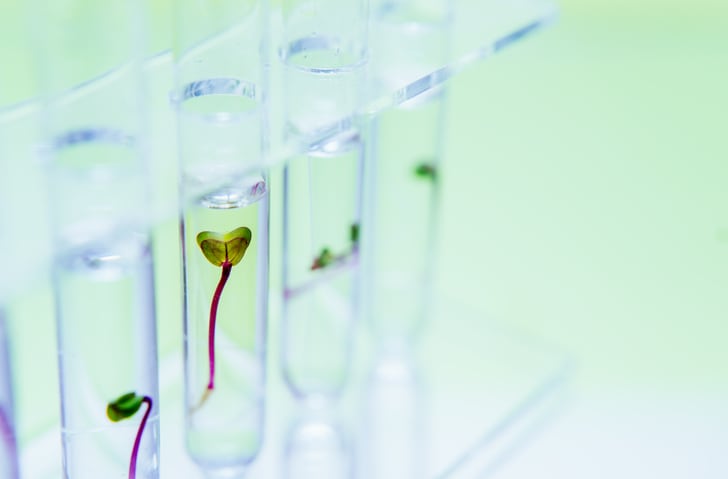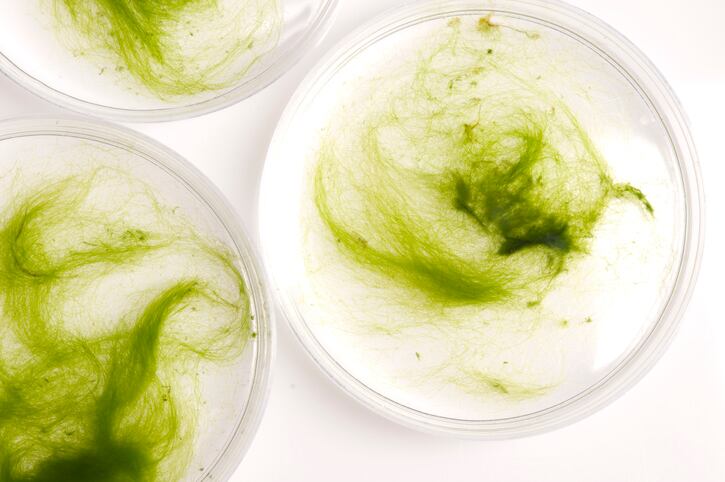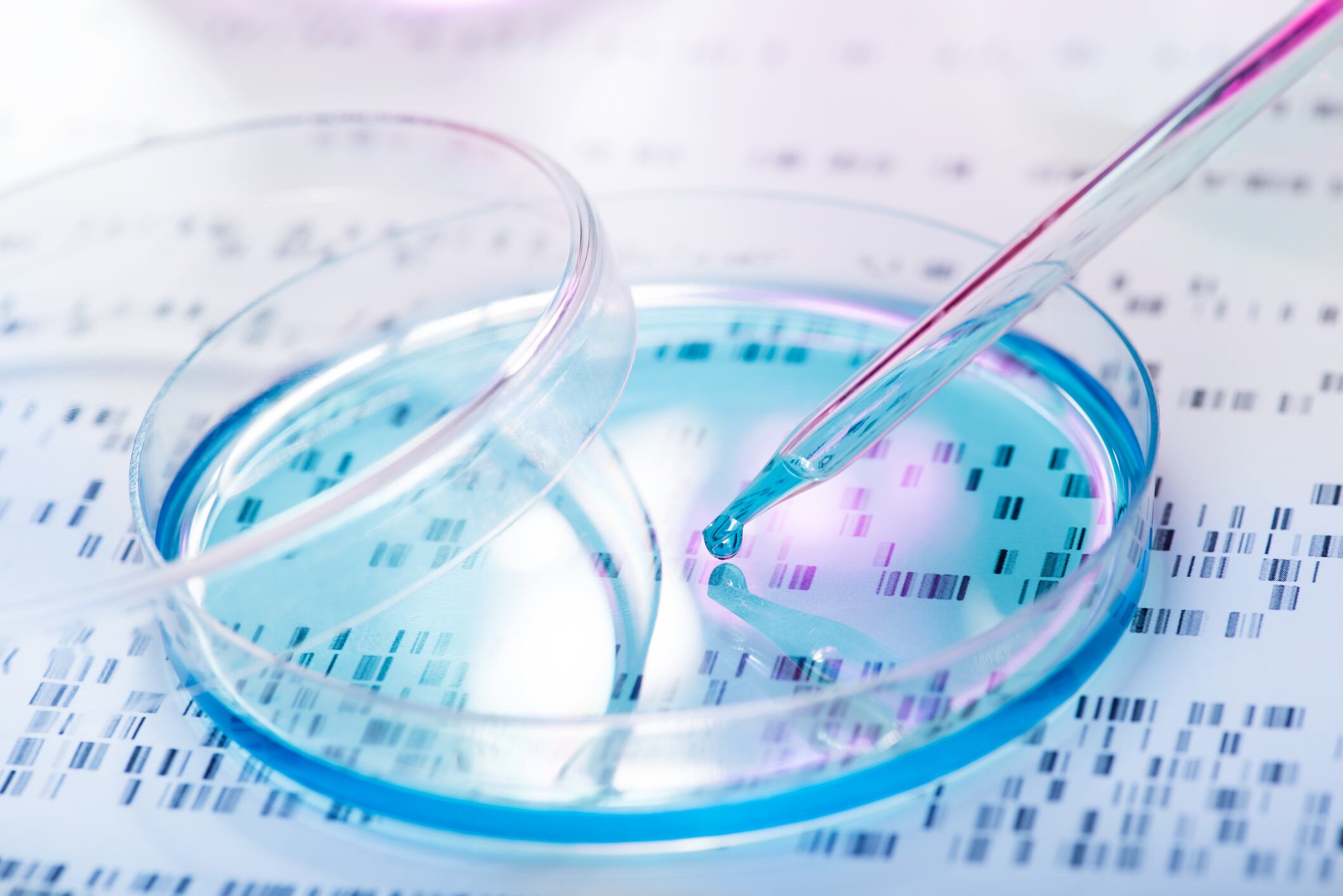Biotechnology, in all its facets, had long been touted as key to the future of sustainable beauty. Back in 2020, a team from India published a piece about how blue biotech using marine compounds held huge potential for the development of sustainable cosmetics. In the same year, a team from the French National Centre for Scientific Research (CNRS) said white biotechnology, using living microorganisms and enzymes to synthesise products, would continue to rise in importance in perfumery as formulators moved to improve sustainable profiles of essential oils and natural extracts.
At this year’s in-Cosmetics Global tradeshow, held in Paris a couple of months ago, CosmeticsDesign-Europe caught up with Givaudan Active Beauty – a company that had previously tipped green beauty for growth – to find out what the future of beauty biotech looked like today.
‘It’s a huge possibility in front of us’
“Biotech, in three to five years to come, is still a complete open environment,” said Mathias Fleury, head of actives at Givaudan Active Beauty. “We have plenty of things to discover and it’s an exciting era for biotech in general,” Fleury said.
For beauty specifically, he said opportunities were vast – “it’s a huge possibility in front of us”. From fermentation and biocatalyst processes through to marine-based blue biotech and plant-based green biotech to create new ingredients and molecules, there was plenty industry could work on and lots Givaudan Active Beauty was closely focused on, he said.
“We can leverage biotech for plenty of applications. I mean, we are still discovering plenty of things; working on new strains; new bacteria; new yeasts and so on – producing plenty of new molecules and improving the way we produce our molecules today.”
Pauline Martin, operational marketing and communications manager at Givaudan Active Beauty, agreed the prospects were vast, especially on the environmental side.
“Biotech will have a major role to play because when we talk about products that are planet-friendly and eco-friendly, this is not only the sourcing,” Martin said. Energy and water use, for example, were equally important factors to consider when producing greener beauty products, she said, and switching to biotech could tackle such issues.
Fleury agreed that all these questions around sustainability and traceability had become increasingly important in beauty, and said biotech offered a “really great tool” to address these.
Dr Fred Zülli, founder and business development director of Swiss cosmetics supplier Mibelle Biochemistry, raised similar thoughts during in-Cosmetics Global, stating greater investment was needed in biotechnology to truly advance consumer needs in beauty and address planetary woes.
Beyond biotech? Hero ingredients and wellbeing central
Beyond creating new molecules and processes via biotech, Fleury said “hero ingredients” and “hero molecules” – those easily recognisable and understood by the consumer – remained key in today’s beauty market.
“We are working on different axes; one of them being creating new molecules from scratch, and in that case, it’s very difficult to earn the trust of the consumer. But that’s why, on the other side, we are still working on those hero ingredients, trying to keep them easy to identify.”
Givaudan Active Beauty, for example, had recently launched a blend of hyaluronic acid and clay that used simple and familiar ingredients whilst offering improved overall performance, he said. The company was also investing in new ways to work with vitamins and collagen – familiar molecules that consumers were actively seeking out, he said.
Beyond this, Martin said the company was also trying to plug evolving consumer expectations in the beauty space.
“We notice that consumers are now more and more focused on the wellbeing aspect,” she said, with many wanting to integrate cosmetic and beauty products into wider wellbeing routines.
For beauty brands, therefore, she said scientific evidence had become increasingly important when working to slot into this space. Consumers, she said, were no longer looking at marketing claims; they wanted “real evidence” about how products and formulations contributed to wellbeing. Givaudan Active Beauty was, in response, pushing through more studies, especially neuroscience studies, to be able to deliver on this need for evidence, she said.
Moving forward, Martin said collaboration with brands and other suppliers would be critical to advancing knowledge in this space, but also other areas like biotech and broader ingredient R&D work.




